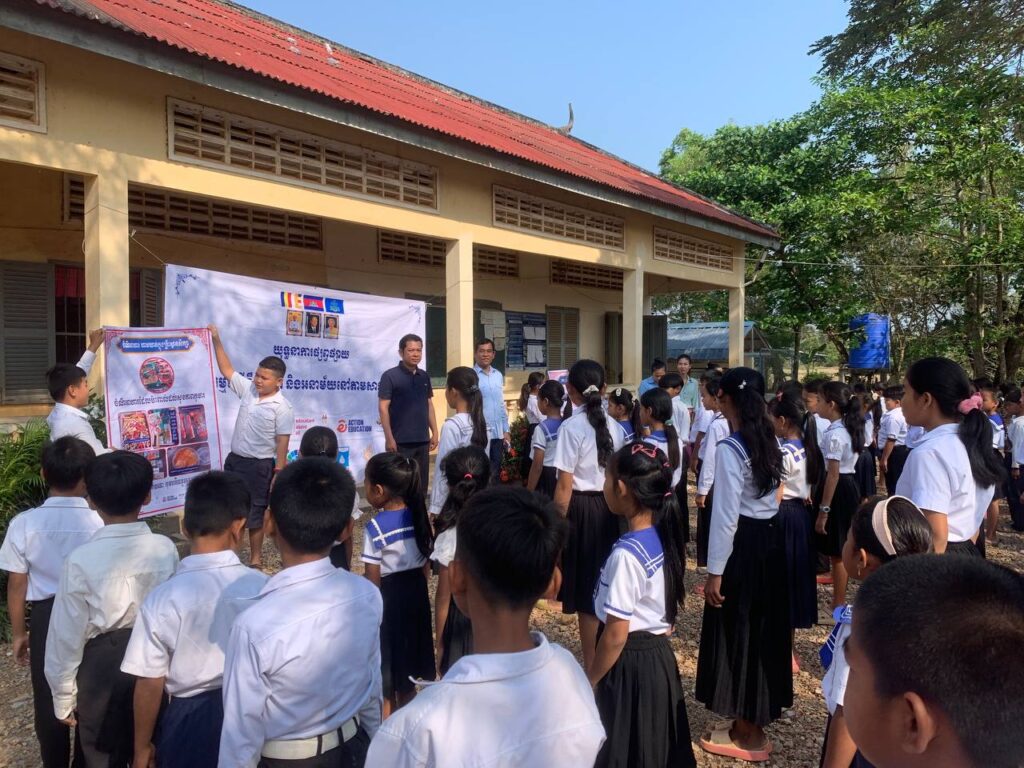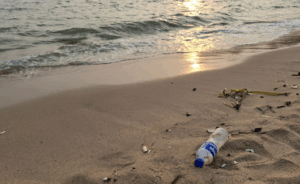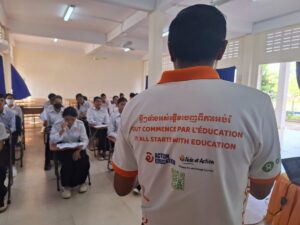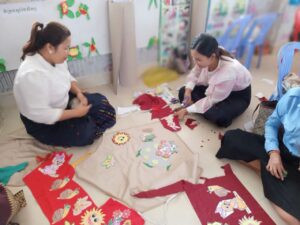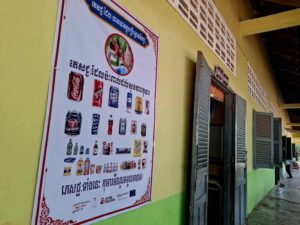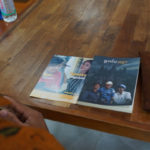Education plays a crucial role in shaping the future of communities. Through health-focused campaigns in schools, children are learning the fundamentals of hygiene and the vital role nutrition plays in sustaining both their physical and mental well-being. Early education in these areas is essential to breaking the cycle of poor health and malnutrition that many families face.
Malnutrition continues to be a significant challenge in Cambodia, particularly in rural regions where access to nutritious food is limited. For instance, fishing communities in coastal areas can rely on their catch, which may lack the diversity required for a balanced diet.
Worse still, poverty prevents families from accessing quantities of more expensive yet vital foods such as meat, dairy, and fruits. As a result, they depend on cheaper, processed foods that fail to provide essential nutrients.
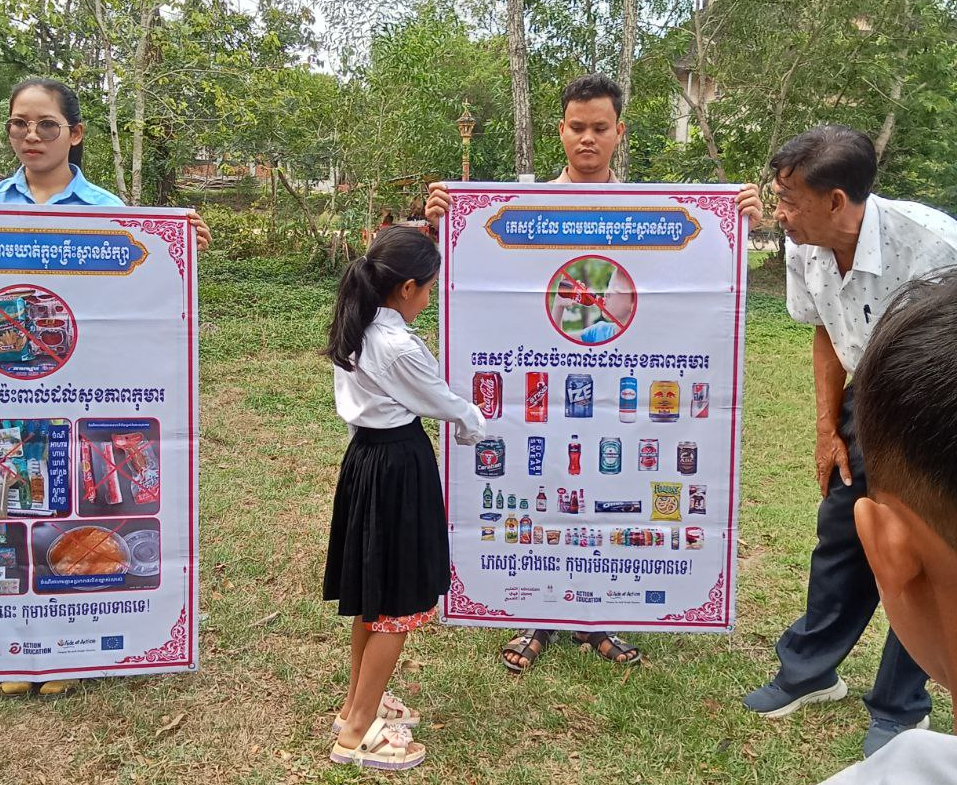
Through the CO-SAVED project, co-funded by the EU, Action Education / Aide et Action (AEA) supports vital health and nutrition campaigns in schools that reach the children who need this information most. These efforts aim to equip children with the knowledge and skills to make better food choices.
A Health Campaign, A Powerful Step Toward Lasting Change
The impact of this education is profound, far-reaching, and transformational. It doesn’t stop with the students alone. By growing up with the knowledge and habits they need to stay healthy, these children are not just surviving—they are thriving.
Children are becoming agents of change, taking the knowledge they’ve gained back to their families, and in turn, improving the health standards of entire communities. By educating students on the importance of fruits, vegetables, proteins, and hydration, we are fostering a culture of health awareness for years to come.
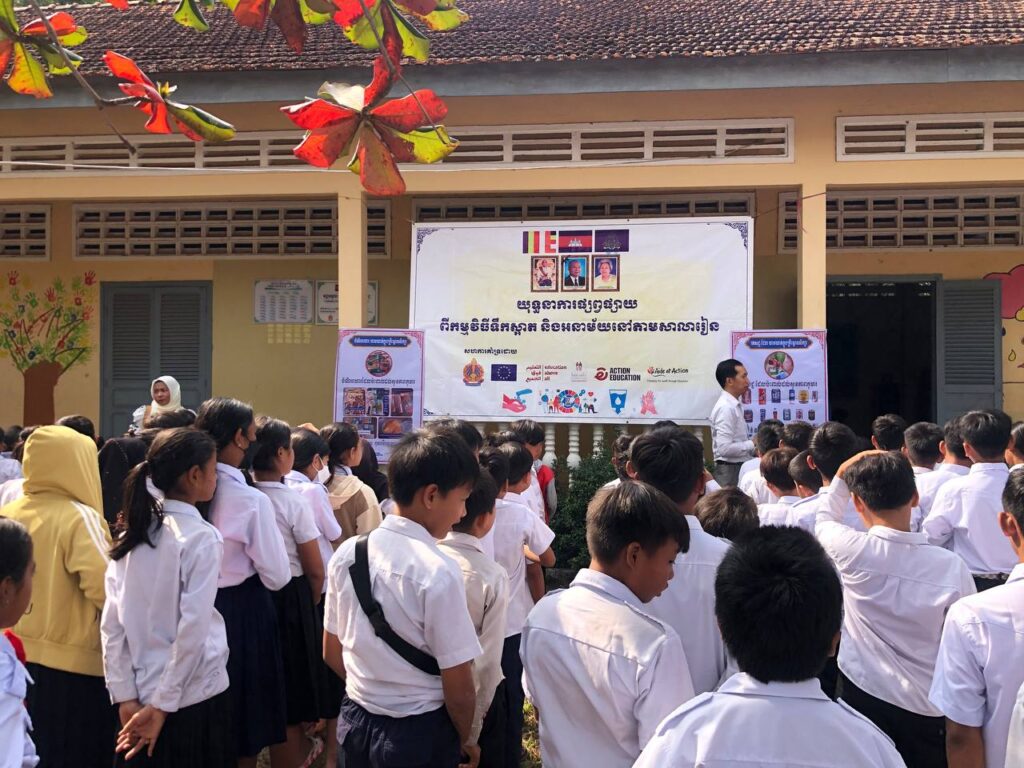
Reaching Thousands
In 2024, 57 schools delivered 136 WASH and health campaigns reaching about 15,000 thousands of students. Most recently, we supported health and nutrition-focused campaigns in Kep and Kampot. These schools are playing a pivotal role in shaping the health education of young students, instilling healthy habits at an early age.
We are proud of the positive changes we’re already seeing in students’ behavior, as well as the broader impact on community health. This is a testament to the transformative power of education and its ability to drive real, lasting change in public health.
The success of these initiatives is rooted in positive cooperation with local communities, schools, and partners. This is not charity; this is solidarity. Together, we take another step toward a future where health and well-being are rights, not privileges.
Let’s continue our efforts, committed to providing the most effective health education to young learners.
